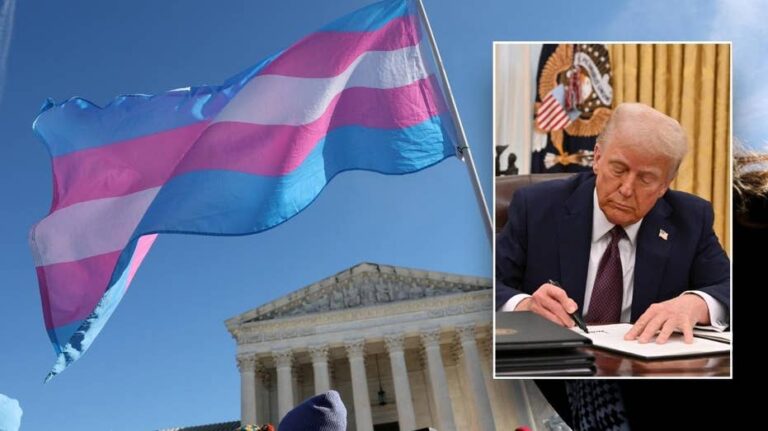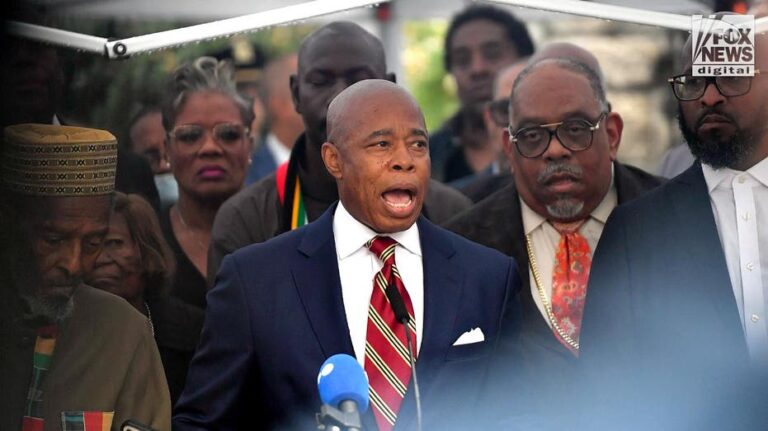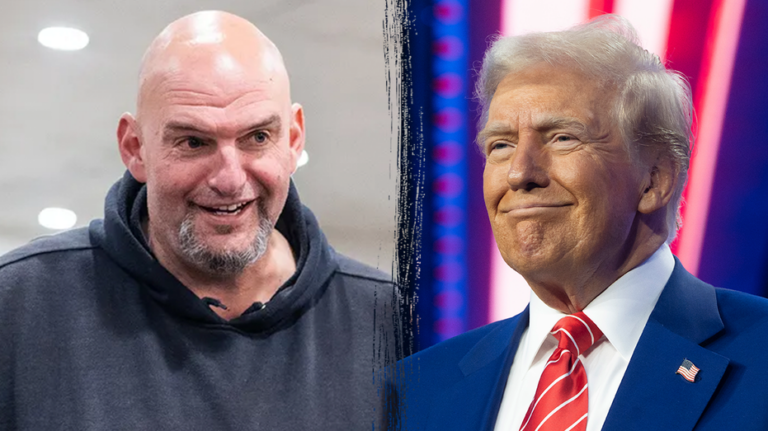
Transgender activists say the movement’s confrontational approach is leading to a lack of public support and allies must refrain from attacking critics if they wish to win the goodwill of the American people.
“We have to make it OK for someone to change their minds,” Executive Director of Advocates for Transgender Equality Rodrigo Heng-Lehtinen told The New York Times. “We cannot vilify them for not being on our side. No one wants to join that team.”
Following President-elect Donald Trump’s resounding victory earlier in the month, activists now say it is time to “rethink and recalibrate” their methods and push back against the “all-or-nothing voices” within their ranks, according to the Times.
Activists cited a variety of tactics they believe pushed people away from the transgender movement, including attempts to police language on gender and abortion, suggestions that the misidentification of a transgender individual is violence and enforcing the use of pronouns.
LIA THOMAS, PANEL RAIL AGAINST IOWA LAW BANNING TRANS INCLUSION IN WOMEN’S SPORTS
Heng-Lehtinen suggested that activists should take Trump’s victory as an opportunity to treat skeptics of the movement more as future allies and less like enemies.
“No one wants to feel stupid or condescended to,” Heng-Lehtinen said.
Democratic Rep. Seth Moulton of Massachusetts also expressed weariness about the tactics of the transgender rights movement. Moulton’s disillusionment came following protests at his office when the official said transgender athletes might have a competitive advantage or potentially hurt other contenders.
“Here we are calling Republicans weird, and we’re the party that makes people put pronouns in their email signature,” Moulton told the Times.
Still, he questioned how lawmakers could balance the rights of transgender people and athletes worried about their inclusion.
“Having reasonable restrictions for safety and competitive fairness in sports seems like, well, it’s very empirically a majority opinion,” Moulton said. “But should we take civil rights away from trans people, so they can just get fired for being who they are? No.”
But some activists are still not backing down. Gillian Branstetter, a communications strategist for the American Civil Liberties Union (ACLU), told the Times that she and other transgender advocates are impatient.
“What we’re facing is fundamental unfairness — and that is not coming from people who are interested in compromise and open debate,” she said. “These are people who are threatened by trans people’s very existence. And, more importantly, they’re trying to scapegoat us.”
Transgender activists say the movement’s confrontational approach is leading to a lack of public support and allies must refrain from attacking critics if they wish to win the goodwill of the American people.
“We have to make it OK for someone to change their minds,” Executive Director of Advocates for Transgender Equality Rodrigo Heng-Lehtinen told The New York Times. “We cannot vilify them for not being on our side. No one wants to join that team.”
Following President-elect Donald Trump’s resounding victory earlier in the month, activists now say it is time to “rethink and recalibrate” their methods and push back against the “all-or-nothing voices” within their ranks, according to the Times.
Activists cited a variety of tactics they believe pushed people away from the transgender movement, including attempts to police language on gender and abortion, suggestions that the misidentification of a transgender individual is violence and enforcing the use of pronouns.
LIA THOMAS, PANEL RAIL AGAINST IOWA LAW BANNING TRANS INCLUSION IN WOMEN’S SPORTS
Heng-Lehtinen suggested that activists should take Trump’s victory as an opportunity to treat skeptics of the movement more as future allies and less like enemies.
“No one wants to feel stupid or condescended to,” Heng-Lehtinen said.
Democratic Rep. Seth Moulton of Massachusetts also expressed weariness about the tactics of the transgender rights movement. Moulton’s disillusionment came following protests at his office when the official said transgender athletes might have a competitive advantage or potentially hurt other contenders.
“Here we are calling Republicans weird, and we’re the party that makes people put pronouns in their email signature,” Moulton told the Times.
Still, he questioned how lawmakers could balance the rights of transgender people and athletes worried about their inclusion.
“Having reasonable restrictions for safety and competitive fairness in sports seems like, well, it’s very empirically a majority opinion,” Moulton said. “But should we take civil rights away from trans people, so they can just get fired for being who they are? No.”
But some activists are still not backing down. Gillian Branstetter, a communications strategist for the American Civil Liberties Union (ACLU), told the Times that she and other transgender advocates are impatient.
“What we’re facing is fundamental unfairness — and that is not coming from people who are interested in compromise and open debate,” she said. “These are people who are threatened by trans people’s very existence. And, more importantly, they’re trying to scapegoat us.”






